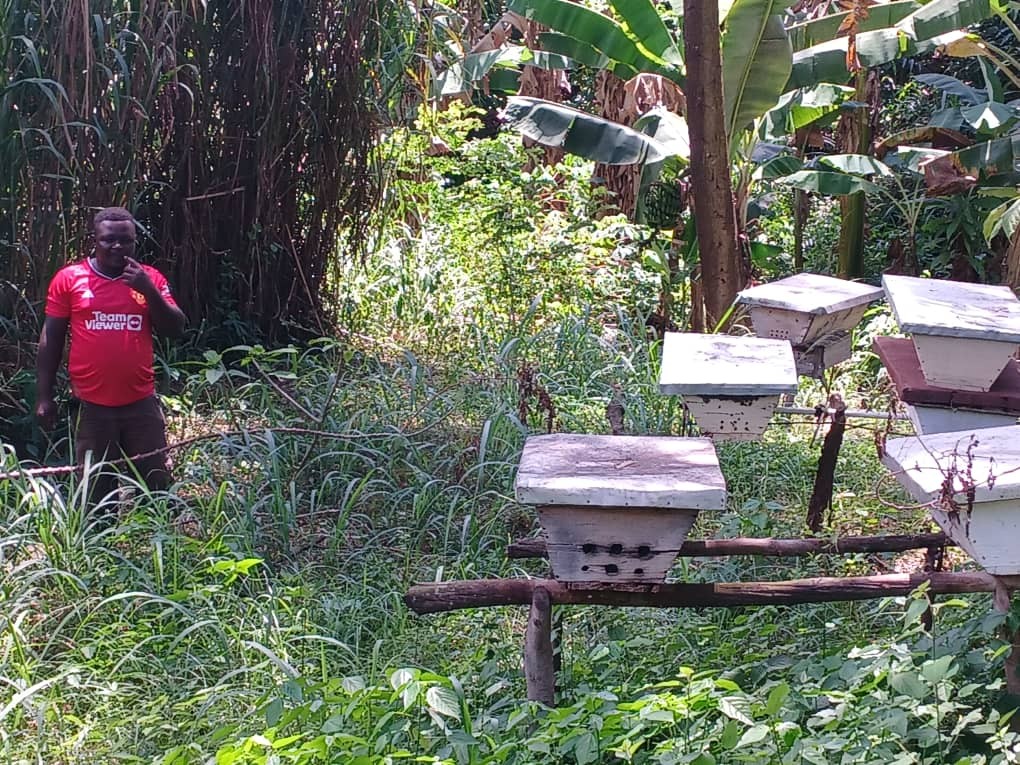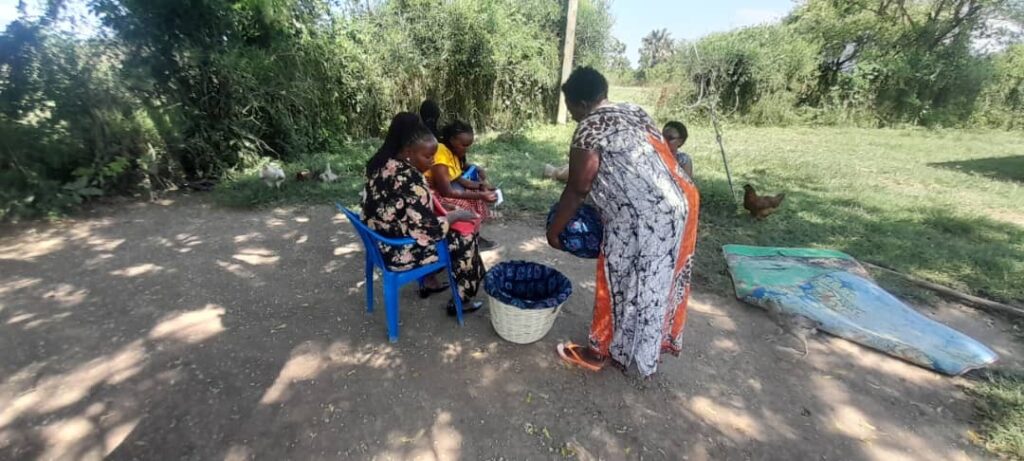Environmental Conservation and Climate Change
Integrating Climate Action across Our Programs
At RIDE-AFRICA, climate action is not an isolated intervention but a cross-cutting commitment embedded in everything we do. From education and livelihoods to health and community development, we integrate climate change considerations into our work with schools, children, youth, women and other vulnerable people at household level, ensuring communities build resilience while pursuing sustainable development.
Over 130 schools and 107 child-headed households supported by RIDE-AFRICA are practicing climate-smart agriculture through resilient school and household gardens. These gardens improve food security, child nutrition, and the ability of families to cope with climate shocks. Households using organic farming practices have improved soil fertility while reducing reliance on chemical fertilizers.
In Kyenjojo and Ntoroko Districts, energy-saving cooking stoves introduced through existing community programs have reduced firewood use by up to 60%. This has improved household health, lowered fuel costs, and reduced pressure on forests. Locally made food flasks further help families save energy while keeping food warm for long hours.
Over three thousand seven hundred seventy (3770) Youth engaged through RIDE-AFRICA’s livelihoods programs are building green and sustainable incomes. Through skills training and youth-led initiatives such as beekeeping, young people are earning livelihoods while protecting the environment, conserving forests, and strengthening community resilience.
Community engagement is central to all these efforts. Through ongoing community structures, RIDE-AFRICA supports tree planting, environmental awareness, and local action for climate protection. Our monitoring and learning systems track results and help improve interventions over time.
While these climate actions are fully integrated into RIDE-AFRICA’s existing programs, the need remains high. Many vulnerable households, children, youth, and schools continue to face climate-related risks and are requesting support. With additional resources, RIDE-AFRICA can expand these proven approaches and reach more communities with practical, community-led climate solutions.


Promoting community beekeeping as sustainable livelihoods, climate resilience model, and environment conservation.

Supporting energy cooking solutions in a traditional way to reduce quantities of wood logs used.

Promoting traditional food flasks that work like an oven to complete the cooking process and keeping food warm for a long time. This reduces use of much quantities of wood logs.
